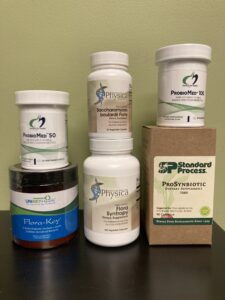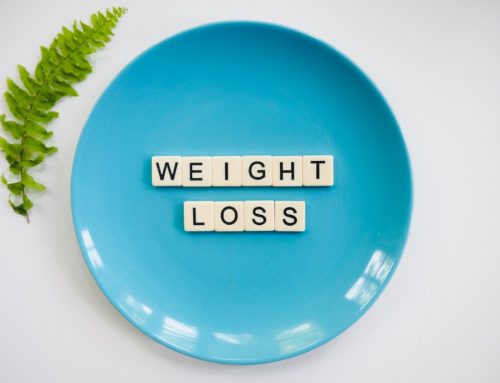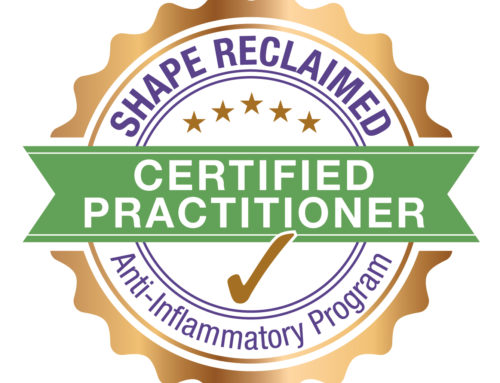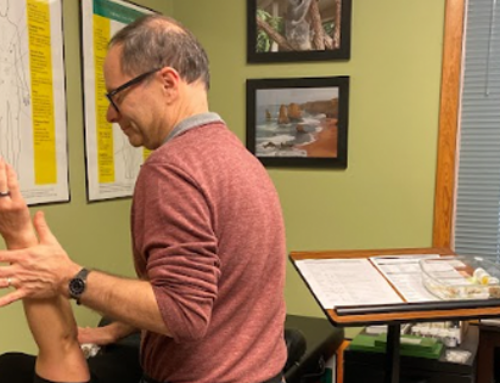Probiotics. Are they actually good for you or is this just a marketing hype? We get this question almost every day from our clients. Many of our clients have tried probiotics and do not notice any difference, so they wonder what is true about them. There are so many claims, but where is the proof that they are really effective?
Let us cut to the chase. Yes, we believe probiotics are good for you. However, like with most nutritional supplements, all probiotics are not created equal. There are two significant factors to consider. First, overall quality varies by manufacturer. How they are prepared, packaged, stored, and consumed all affects quality. Second, probiotics is plural. There are many different strains. Each of us has our own personal colony, established early in life, and then impacted by our lifestyle. While you may need more Lactobacillus your significant other may need more Bifidobacterium. And, if you remember your basic biology, there are genus, species, and subspecies. Lactobacillus and Bifidobacterium are at the genus level and there are many species and even more subspecies!
The best way to know your bacterial make-up is to do a stool test like the GI-MAP. This test provides a comprehensive overview of your gut bacteria (and other organisms as well) from which it can be determined what you need and what you have in excess. The GI-MAP (Microbial Assay Plus) is unique in the field of comprehensive stool testing. It relies exclusively on quantitative polymerase chain reaction (qPCR) technology to detect parasites, bacteria, fungi, and more by targeting the specific DNA of the organisms tested. For more information on the GI-MAP call the office or click here: GI-MAP
Yet, this is only part of the puzzle. We are still left with the question of whether probiotics can make us healthier. With this being such a topic of interest and the Probiotic world booming these last few years there is now a considerable data base of research on some specific strains. In fact, we learned that there is even a strain that can help you lose weight! (But you will have to keep reading to learn about it). Here, at Rosen Wellness, we recently participated in a webinar that addressed these very issues. Here is what we have learned.
For starters, having a healthy gut means having a healthy gut barrier. This depends on having balanced intestinal bacteria, an intact mucosal lining, and a healthy immune system. Our gut contains 3-4 pounds of bacteria, the lining replaces itself every 3-7 days, and almost 70% of our immune system cells live in or around the gut!
Six factors can disrupt our microbial balance: a poor diet, food sensitivities, medications, stress, disease, and environmental issues. With two-thirds of the immune cells located in the GI tract, these disruptors increase the risk of immune activation and dysregulation.
Individual strains can be tested clinically for how they survive the digestive process, how well they resist pathogens, how well they resist antibiotics, and how well they adhere to intestinal cells. This is significant information. How they survive the different phases of digestion tells us whether that strain will ever even make it all the way to the intestines. How they resist pathogens tells us if that strain can help combat and neutralize a specific pathogen. How they resist antibiotics tells us if we should bother to take that strain while on an antibiotic. How they adhere to intestinal cells lets us know if they can help maintain mucosal integrity.
The webinar focused on several strains. For example, the Lactobacillus acidophilus La-14 was found to survive the digestive process quite well, be strong against Salmonella tyhphimurium and Staphylococcus aureus but not effective against Escherichia coli and Listeria monocytogenes. It had different resistances to different antibiotics and adhered quite well to intestinal cells.
Another strain, Bifidobacterium lactis HN019 was found to support the immune system. It increased natural killer cell activity and phagocytic activity with daily consumption in a study of middle-aged and elderly adults. It was found to increase protection against the foodborne pathogen Salmonella typhimurium, reduce characteristics of Metabolic Syndrome and obesity (specifically it reduced body mass index, total cholesterol, LDL cholesterol, and two inflammatory cytokines) in a randomized trail with no change in diet, physical activity, or lifestyle of the participants, and reduce gut transit time (how long it takes for food to move through your system).
Another strain (our most popular probiotic in the office), Saccharomyces boulardii was shown to inactivate C. difficile toxins A & B, force out pathogens such as E. coli, stimulate gut immunity, promote SIgA stimulation, restore the function of lactic acid flora, and most importantly maintain gut integrity and function. Interesting to note is that this strain is not a bacteria, but rather a non-pathogenic yeast. That is why we recommend that if you are taking an antibiotic you should take Saccharomyces boulardii to help keep your gut in balance and reduce the likelihood of a yeast infection.
SIgA – Immunoglobulin A is the primary immunoglobulin in the intestinal mucosa. It represents a “first line of defense” in response to antigens and pathogens in the GI and respiratory tracts. In addition to protecting against pathogens, SIgA plays a major role in helping to maintain balance in the microbiome and protecting against exposure to food-derived antigens.
And now for the kicker! The strain Bifidobacterium Animalis Lactis B420 was found to help people lose weight with no dietary changes!! A double-blind, placebo-controlled study showed a 4.5 % reduction in total body fat mass, a 6.7% reduction in trunk fat, and 2.6 cm (1.02 inch) reduction in waist circumference with no changes in diet or exercise habits!
This is only the tip of the iceberg of the researched and documented benefits of specific probiotic strains. The supplement producers create products that combine multiple strains to provide very robust options. We find that muscle testing is an excellent way to determine which product matches best to your needs. We carry many different probiotics in the office and yet when we muscle test it usually comes down to one or two that are best for you.
To learn more about probiotics here are some earlier Blog posts:
https://brwellness.com/five-new-exciting-products-from-designs-for-health/
https://brwellness.com/probiotics-do-we-need-them-or-not/
https://brwellness.com/the-large-intestines-and-the-importance-of-probiotics/
For a more complete look at digestion. We encourage you to download our Digestion EBook








